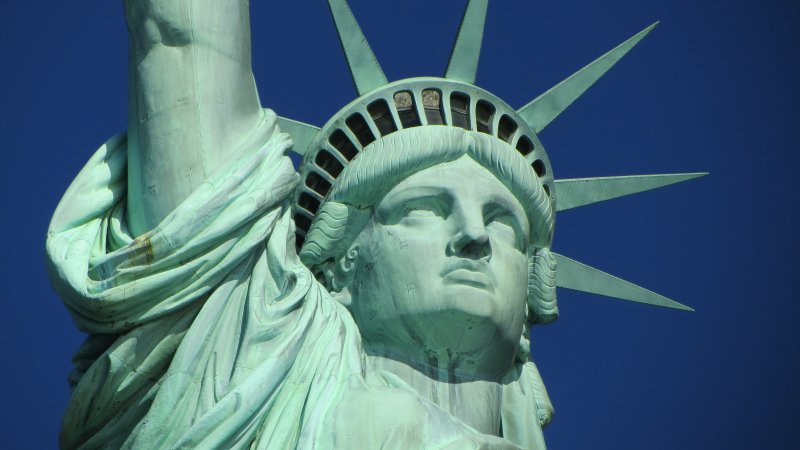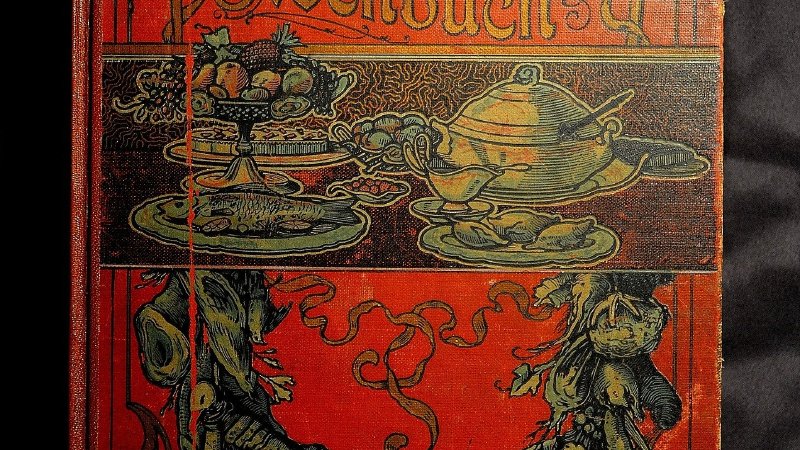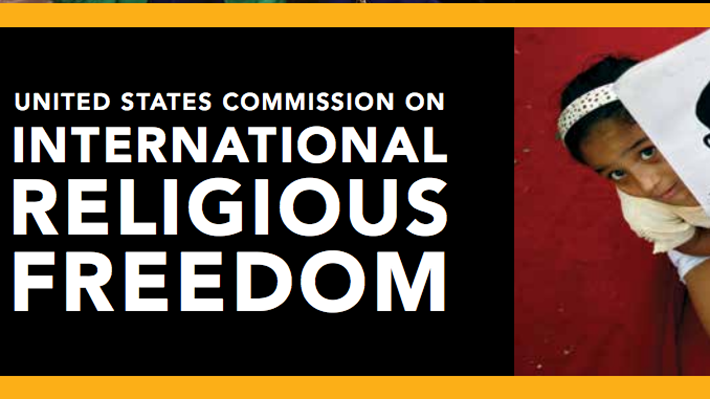
-
HOME
-
WHAT IS STANDOur Mission Our Values Our Help Contact
-
WHAT WE FIGHT FORReligious Freedom Religious Literacy Equality & Human Rights Inclusion & Respect Free Speech Responsible Journalism Corporate Accountability
-
RESOURCESExpert Studies Landmark Decisions White Papers FAQs David Miscavige Religious Freedom Resource Center Freedom of Religion & Human Rights Topic Index Priest-Penitent Privilege Islamophobia
-
HATE MONITORBiased Media Propagandists Hatemongers False Experts Hate Monitor Blog
-
NEWSROOMNews Media Watch Videos Blog
-
TAKE ACTIONCombat Hate & Discrimination Champion Freedom of Religion Demand Accountability
When Anti-Discrimination Becomes Discrimination: The Canadian Defense Ministry Is “Redefining Chaplaincy”
In the rush to eliminate unfair practices, it is important not to swing the pendulum so far that “nondiscrimination” becomes its own form of discrimination.
A report prepared this January for the Canadian Minister of National Defense seems to have swung too far. The mandate of the advisory panel responsible for the report was “to provide the Minister of National Defence (MND) with recommendations on how to eliminate from the Department of National Defence and Canadian Armed Forces (DND/CAF) systemic racism and discrimination…”
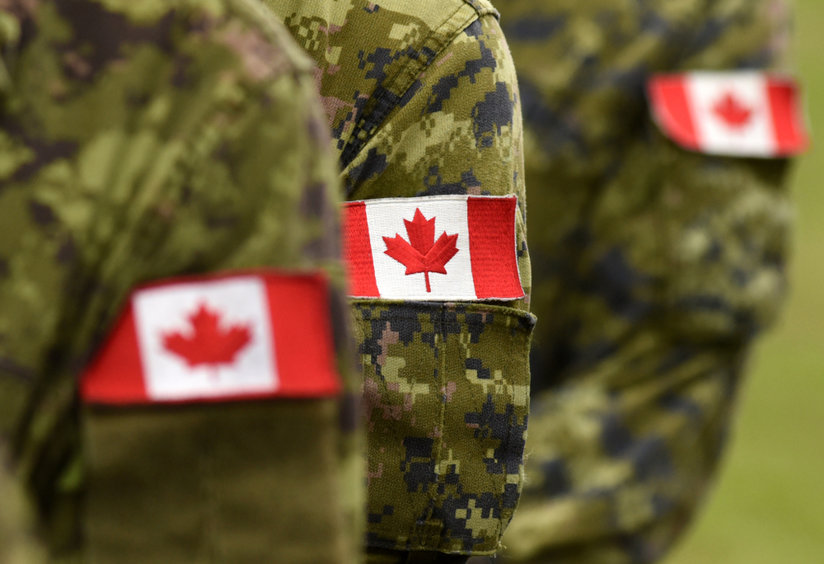
The purpose is laudatory, but even the title of the section related to military chaplains sounds an alarm bell: “Re-Defining Chaplaincy.”
The section begins by acknowledging that religion can be a “source of solace, optimism and compassion” but continues to say that some people have suffered “unimaginable generational trauma and genocide at the hands of Christian religious leaders…”
Later statements expand on this: “Some chaplains represent or are affiliated with organized religions whose beliefs are not synonymous with those of a diverse and inclusive workplace… For example, some churches’ exclusion of women from their priesthoods violates principles of equality and social justice, as do sexist notions embedded in their religious dogmas. In addition, certain faiths have strict tenets requiring conversion of those they deem to be ‘pagan,’ or who belong to polytheistic religions. These faiths’ dogmas and practices conflict with the commitment of the Defence Team to value equality and inclusivity at every level of the workplace.”
Religious freedom is fundamental to a free and secure society.
“[The Defence Team] cannot justify hiring representatives of organizations who marginalize certain people or categorically refuse them a position of leadership.
“The Advisory Panel has observed that there are varying degrees of misogyny, sexism and discrimination woven into the philosophies and beliefs of some mainstream religions currently represented in the cadre of chaplains in the CAF.
“For example, it can be assumed that if a religion openly forbade a Black person to serve within its ranks, its members would be banned from the Chaplaincy in the CAF. The same scrutiny should be applied to those religions that forbid women to serve within their ranks or are against equal rights for same-sex couples.”
A plain reading of the above reveals the military is now required to reject Catholic priests and likely representatives of other faiths. Implementation would require some not clearly defined governmental body to evaluate every chaplain—and the institution with which they are associated—based on their religious beliefs, doctrines and practices.
It is an impossible and inappropriate governmental task.
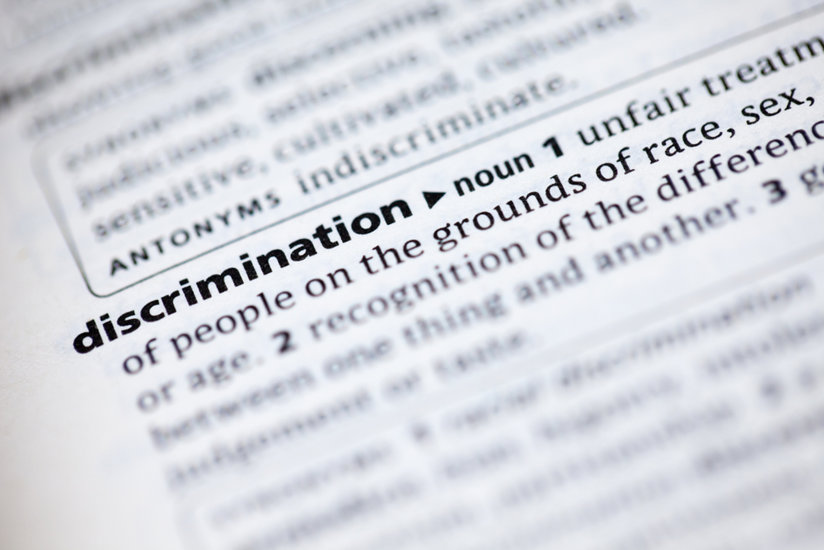
Somewhat ironically, the report also notes that “this Advisory Panel does not seek to evaluate or categorize these religions in this report” despite its articulation of a set of criteria by which religions should be judged. It simultaneously recognizes that someone will have to make the judgment and leaves open the obvious question: “who?”
The report has garnered attention from other media and the nonpartisan think tank Cardus, which issued a point-by-point critique of the Panel’s recommendations. Cardus recommends “that the Minister firmly and publicly reject the discriminatory sections of the report’s Recommendation 6 – ‘Re-Defining Chaplaincy.’ Further, the Minister should affirm that all Canadians, including those with religious beliefs, will be supported through the pastoral services of CAF chaplains as they serve our country.”
Religious freedom is fundamental to a free and secure society. It must embrace the understanding that members of different faiths will hold differing views, but that they can be united in their respect for one another’s right to believe as they choose.
The book The Way to Happiness notes that in the sea of contention that has surrounded religious belief “one bright principle has emerged: the right to believe as one chooses.”
Eliminating discrimination is important. Instituting a new set of discriminatory practices undermines that goal.






